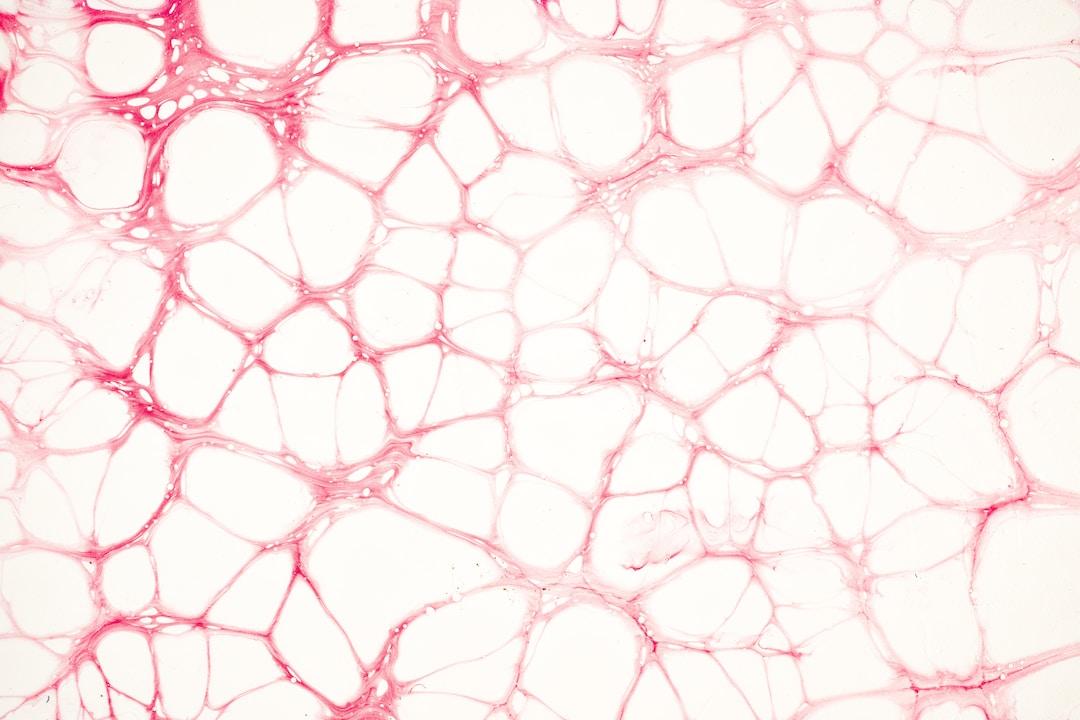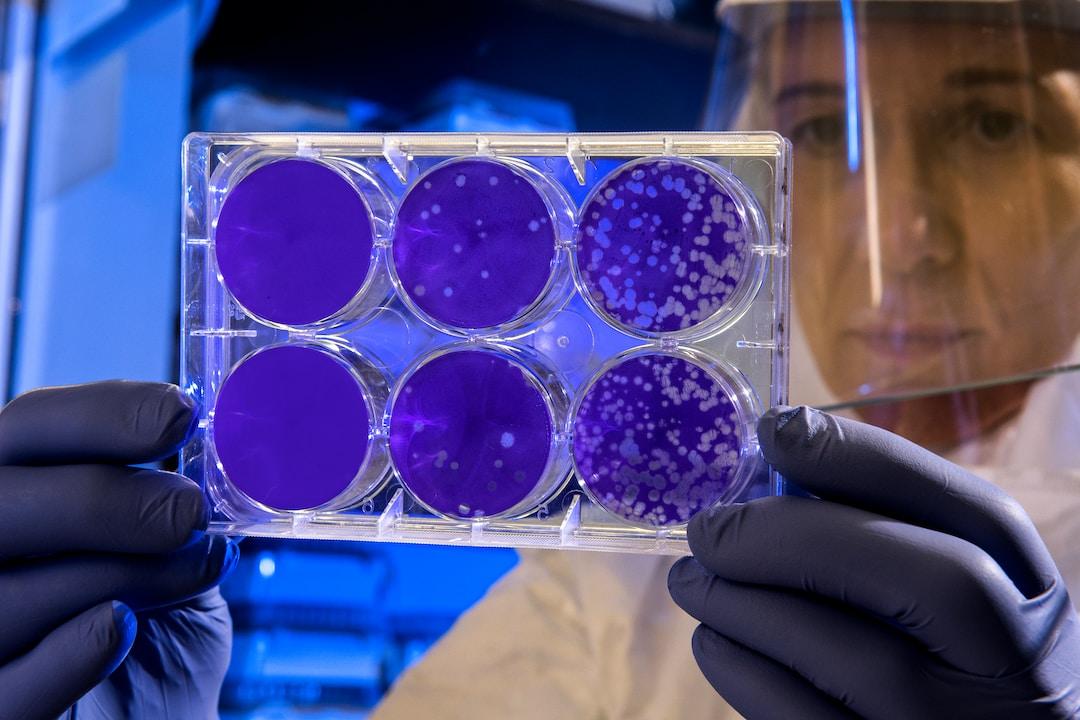In nutrition and wellness, the importance of maintaining a balanced diet and a healthy lifestyle has always been emphasized. However, it’s worth noting that optimal health goes beyond these factors. One of the most crucial yet often overlooked components of our overall well-being lie at the cellular level with Nicotinamide Adenine Dinucleotide or NAD. In this article, we delve into the fundamental role of NAD in our body and the substantial benefits of maintaining adequate levels of this coenzyme. Keep reading to understand why NAD is more than just a cellular agent but rather a pivotal player in our health and longevity.
Understanding the Role of NAD in Our Body

In layman’s terms, NAD could be perceived as a ‘worker’ that helps to power up our body’s ‘factories,’ otherwise known as the cells. But in the world of biochemistry, NAD plays a more profound role. NAD is a critical coenzyme that participates in redox reactions, carrying electrons from one reaction to another. This is crucial for fueling the mitochondria, the powerhouse of the cell, that also plays an essential role in generating ATP, our body’s primary energy currency.
NAD is also involved in cell signaling. Besides its role in energy production, NAD influences several signaling pathways directly associated with cellular health and advancement, DNA repair, and gene expression. These fundamental processes are involved in the maintenance of a stable internal environment, otherwise known as homeostasis. In a nutshell, without NAD, these vital cellular processes would be impaired, leading to severe physiological consequences.
Over the past decade, researchers have discovered that NAD also plays a pivotal role in aging. As we age, the NAD levels in our body decline significantly, leading to reduced mitochondrial function, higher susceptibility to DNA damage, and an enhanced aging process. Thus, understanding the mechanisms of NAD not only shines a light on how the body works but also provides vital insights into how we could leverage this knowledge for better health outcomes.
The Intricacies of NAD Production and its Relevance
NAD is synthesized in our body through several complex mechanisms that involve a plethora of precursors, enzymes, and metabolic pathways. It can either be produced de novo from amino acids like tryptophan or can be salvaged from NAD precursors like niacin. It’s pertinent to know these aspects because various factors, such as diet, age, lifestyle, genetic factors, and certain diseases, can significantly impact NAD synthesis.
For instance, diet profoundly influences NAD production. Consuming NAD precursors, such as tryptophan and niacin-rich foods, can augment the body’s NAD pool. Conversely, nutrient deficiencies can stymie NAD synthesis. Age is another determining factor. As we age, NAD production dwindles, accelerating the aging process and predisposing the individual to age-associated diseases like diabetes, heart disease, and neurodegenerative disorders.
Directly or indirectly, lifestyle factors influence NAD levels as well. Chronic stress, alcohol consumption, and sleep deprivation have been found to deplete NAD levels. Genetic factors, too, play a role in determining NAD availability, as genetic variations could influence the activity of enzymes involved in NAD synthesis. And lastly, certain diseases, given their capacity to disrupt normal physiological processes, can deplete NAD levels. This is often seen in cancer, where rapid cell division depletes NAD pools, thereby impeding normal cellular functions.
The Benefits of NAD

Given its vast array of functions, it’s clear that adequate nicotinamide adenine dinucleotide levels in the body confer extensive benefits. From maintaining cellular health to slowing the aging process, the advantages of having ample NAD levels are vast and impact virtually every aspect of our physiology.
One of the most notable benefits of NAD is its role in promoting healthspan and lifespan. Numerous studies have indicated that maintaining healthy NAD levels might slow the aging process, thereby extending lifespan. Moreover, several studies have demonstrated that increasing NAD levels could reverse biomarkers of aging, providing a youthful cellular environment.
In conjunction with supporting healthy aging, NAD also plays a vital role in maintaining brain health. It aids neuroprotection by fostering synaptic plasticity, enhancing brain energy metabolism, and facilitating DNA repair in neurons. Thus, promoting healthier brain function and potentially shielding against neurodegenerative disorders.
Decoding NAD Supplementation
Given the importance of having adequate NAD levels and the fact that various factors can deplete it, the question arises— How do we maintain or increase our NAD levels? The answer lies in NAD supplementation. While consuming a balanced diet and maintaining a healthy lifestyle offers necessary support, for some individuals, especially the elderly and those with certain health disorders, supplementation may prove beneficial.
The discovery of NAD precursor molecules, such as nicotinamide riboside (NR) and nicotinamide mononucleotide (NMN), has paved the way for strategies aimed at boosting NAD levels. These molecules have shown a promising ability to augment NAD production, improve mitochondrial function, and provide several health benefits.
However, it’s important to remember that NAD supplementation isn’t “one size fits all” and should be tailored to meet individual needs. Always consult with a healthcare provider when considering supplementation. They will assess your health condition, lifestyle, and other factors before recommending suitable NAD supplements and appropriate dosages.
NAD and Future Implications in Healthcare

With the current knowledge of NAD and the ongoing research surrounding this molecule, scientists believe promising doorways to new therapies have opened. The potential of leveraging NAD to ameliorate age-related diseases, optimize neurological health, and promote overall well-being could revolutionize healthcare.
Clinical trials are currently underway, investigating the efficacy of NAD precursor supplementation on various health parameters. Early results show promise, and there is optimism that the coming years will witness a transformed health paradigm with NAD at its core.
Having said that, while it’s an exciting time in the world of NAD research, it’s always crucial to balance excitement with practicality. And implementing NAD research into clinical practice will require rigorous testing and mindful application. It is a challenge that scientists and healthcare practitioners are prepared to undertake.
A Balanced Perspective
While the potential of NAD is undeniable, it is crucial not to lose sight of the fact that biology and health are immensely complex. No single molecule, however crucial, can guarantee optimal health on its own. Thus, maintaining a balanced perspective on NAD is critical.
NAD is not a “magic pill” that will ward off illness, halt aging, or confer invincibility. It forms just one part of a complex health puzzle that encompasses diet, lifestyle, genetics, and more. It is, and should only be, part of a comprehensive approach to health.
It’s always sensible to focus on maintaining a holistic lifestyle, incorporating naturally NAD-rich food into your diet, engaging in regular physical activity, managing stress, and getting good sleep. These measures, along with tailored NAD supplementation if applicable, can truly bolster your NAD levels and contribute to better health outcomes.
Overall, NAD is indeed a fascinating molecule that is integral to our health and well-being. Its importance in cellular functions, energy production, brain health, and aging makes it a paramount aspect of our well-being. Despite the complexity of NAD biology and the many questions that remain, it is evident that adequate NAD levels are beneficial for our health. With careful application of science and health wisdom, it’s possible to leverage the power of NAD for more vibrant health and longevity.



Leave a Reply